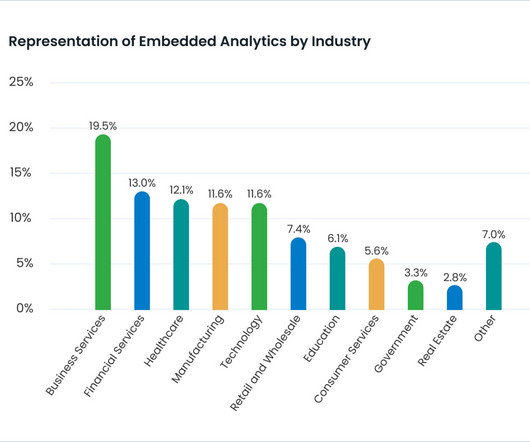What is business analytics? Using data to improve business outcomes
CIO Business Intelligence
JULY 5, 2022
Business analytics is the practical application of statistical analysis and technologies on business data to identify and anticipate trends and predict business outcomes. What are the benefits of business analytics? What is the difference between business analytics and business intelligence? Business analytics techniques.














Let's personalize your content